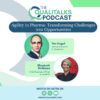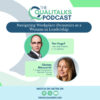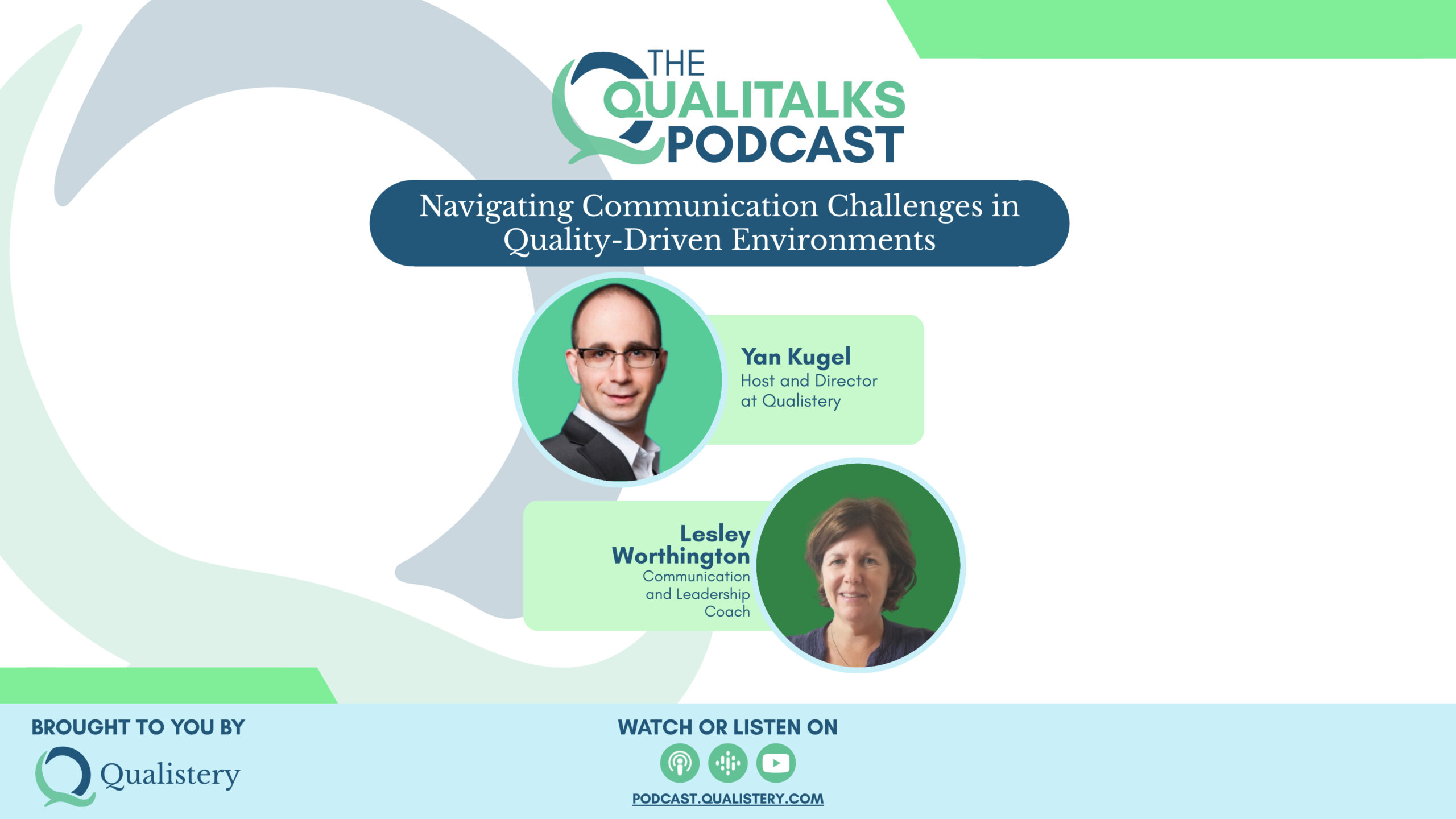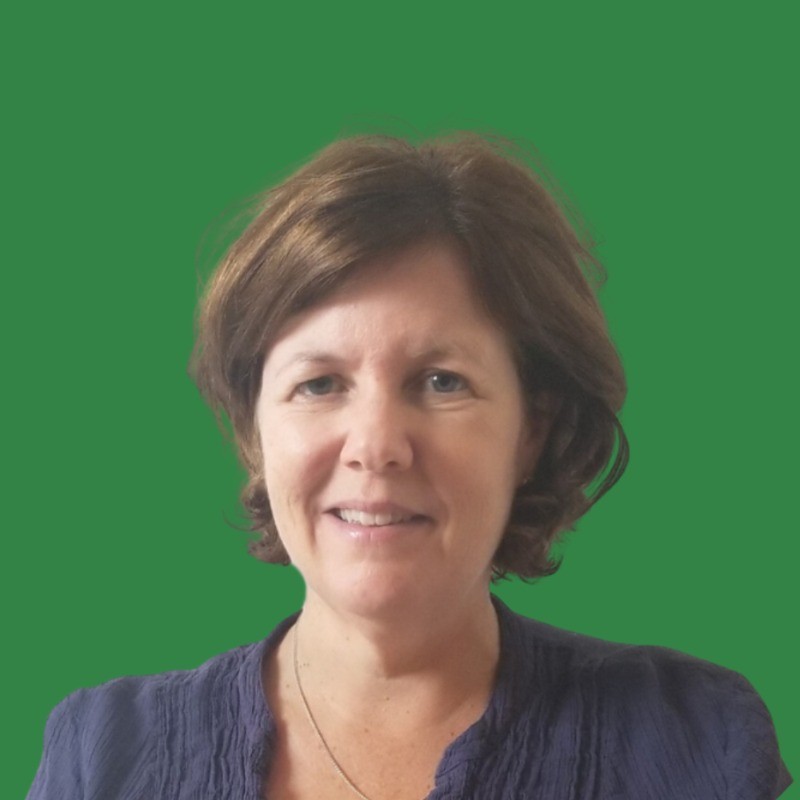Experimenting with AI in Pharma: A Question of Time [Vasyl Chumachenko]
Vasyl shares his expertise in integrating AI solutions into the pharmaceutical industry and the practical implications of driving innovation and growth. The conversation delves into the use of AI and […]





